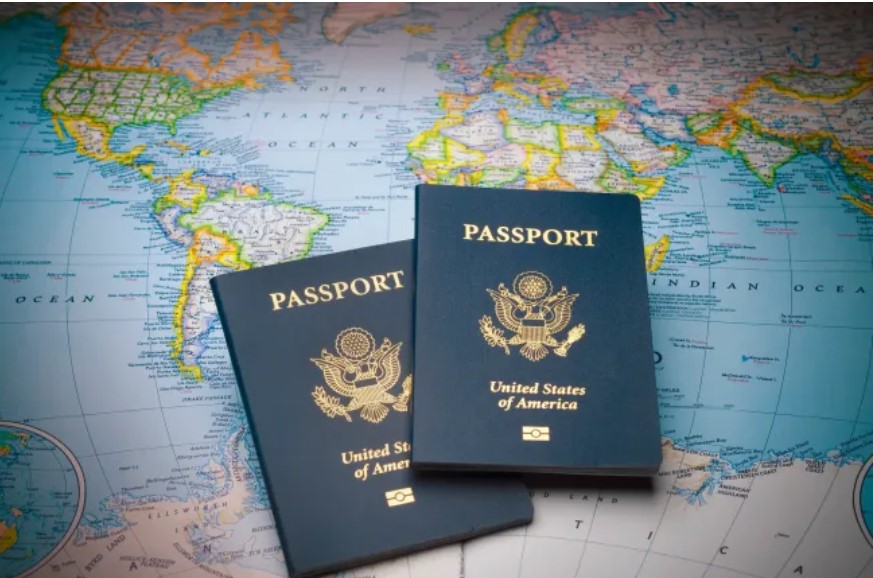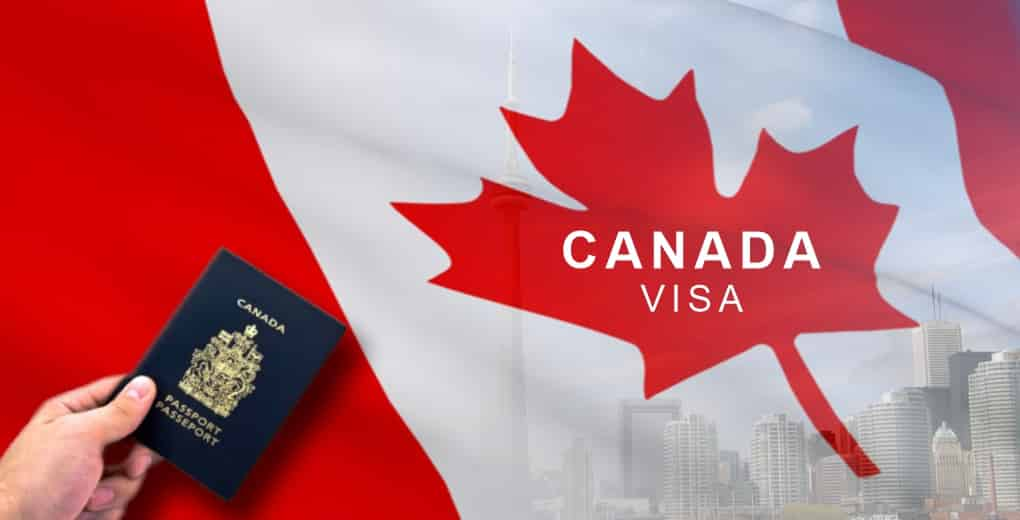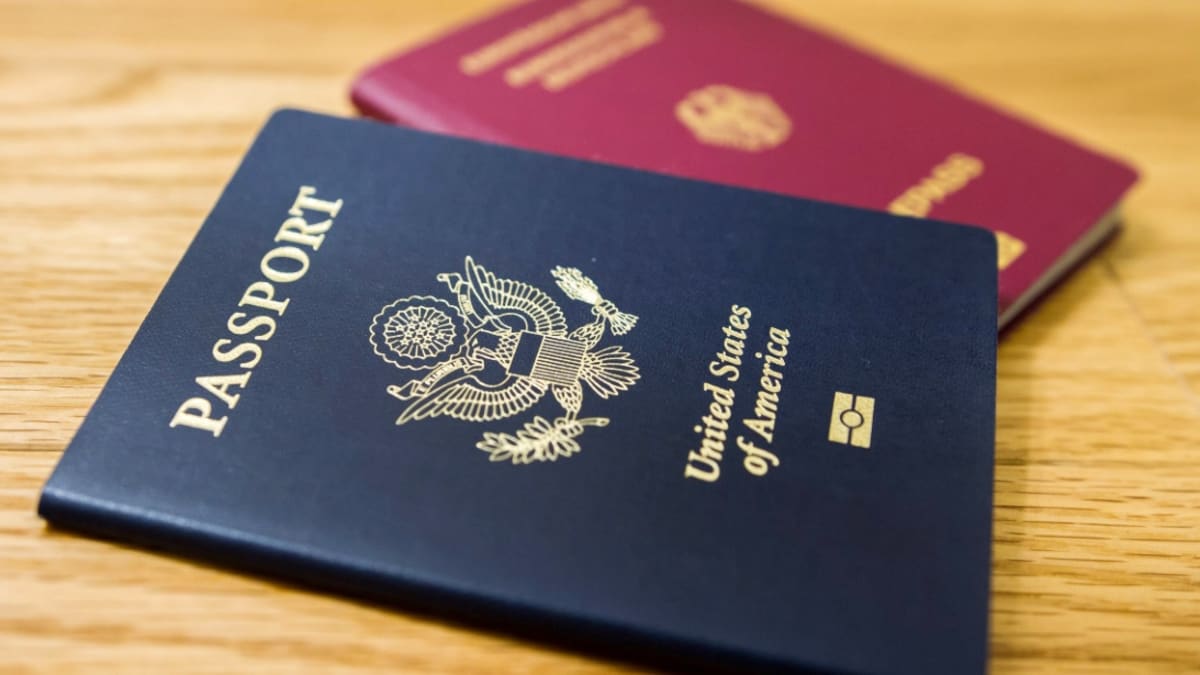
Introduction:
The Electronic System for Travel Authorization ESTA Visa Denial is an automated system that determines the eligibility of travelers to visit the United States under the Visa Waiver Program (VWP). While ESTA authorization allows for visa-free travel to the US for up to 90 days, there are instances where travelers may face ESTA visa denial. Understanding the reasons behind ESTA denials is crucial for travelers looking to visit the US and ensuring compliance with visa regulations. This article delves into the common factors contributing to US ESTA visa denial and provides insights on how to navigate potential challenges for a successful travel authorization process.
Paragraph 1: Inaccurate or Incomplete Information
One of the common reasons for ESTA visa denial is providing inaccurate or incomplete information during the application process. Errors in personal details, passport information, travel history, or answering security-related questions falsely can lead to automatic denial of ESTA authorization. To avoid this issue, travelers should carefully review and accurately fill out the ESTA application form to ensure all information provided is truthful and up-to-date.
Paragraph 2: Previous Visa Denials or Overstays
Travelers who have previously been denied a US visa or overstayed their authorized period of stay in the US may encounter ESTA visa denial. This is because past immigration violations can raise concerns about the traveler’s intentions and adherence to visa regulations. Disclosing any previous visa denials or overstays transparently in the ESTA application and providing adequate explanations can mitigate the risk of ESTA denial based on past immigration history.
Paragraph 3: Criminal History
Individuals with a criminal history, including past convictions or involvement in criminal activities, may face ESTA visa denial due to security and admissibility concerns. Certain criminal offenses, such as drug trafficking, terrorism-related activities, or violent crimes, can result in disqualification from the VWP and subsequent ESTA authorization denial. Travelers with a criminal record should seek legal advice and assess their eligibility for ESTA authorization before applying to avoid potential denials.
Paragraph 4: Travel Bans or Ineligibility
Travelers who are subject to specific travel bans, restrictions, or are found ineligible for the VWP may receive ESTA visa denials. Reasons for ineligibility can range from past immigration violations to involvement in activities that pose a threat to US national security. It is essential for travelers to verify their eligibility for the VWP and review any existing travel restrictions that may impact their ESTA application to prevent potential denials. Another common reason for ESTA visa denial is the inability to demonstrate sufficient financial resources to support the trip to the US or provide evidence of a planned return journey.
Paragraph 5: Insufficient Funds or Proof of Return
Another common reason for ESTA visa denial is the inability to demonstrate sufficient financial resources to support the trip to the US or provide evidence of a planned return journey. Consular officers evaluate the financial capacity of travelers to ensure they can fund their stay and have ties US VISA FAQ to their home country. Including proof of accommodation, return flight bookings, and financial statements in the ESTA application can strengthen the traveler’s credibility and reduce the risk of denial.
Paragraph 6: Conclusion
Navigating the ESTA visa application process requires careful attention to detail, honesty, and compliance with visa regulations to avoid potential denials. By understanding the common reasons for ESTA visa denial, such as inaccurate information, past visa denials, criminal history, travel bans, insufficient funds, or proof of return, travelers can take proactive measures to address potential issues and increase their chances of securing ESTA authorization. With proper preparation, transparency, and adherence to visa requirements, travelers can navigate the ESTA visa application process successfully and embark on a memorable journey to the United States.









